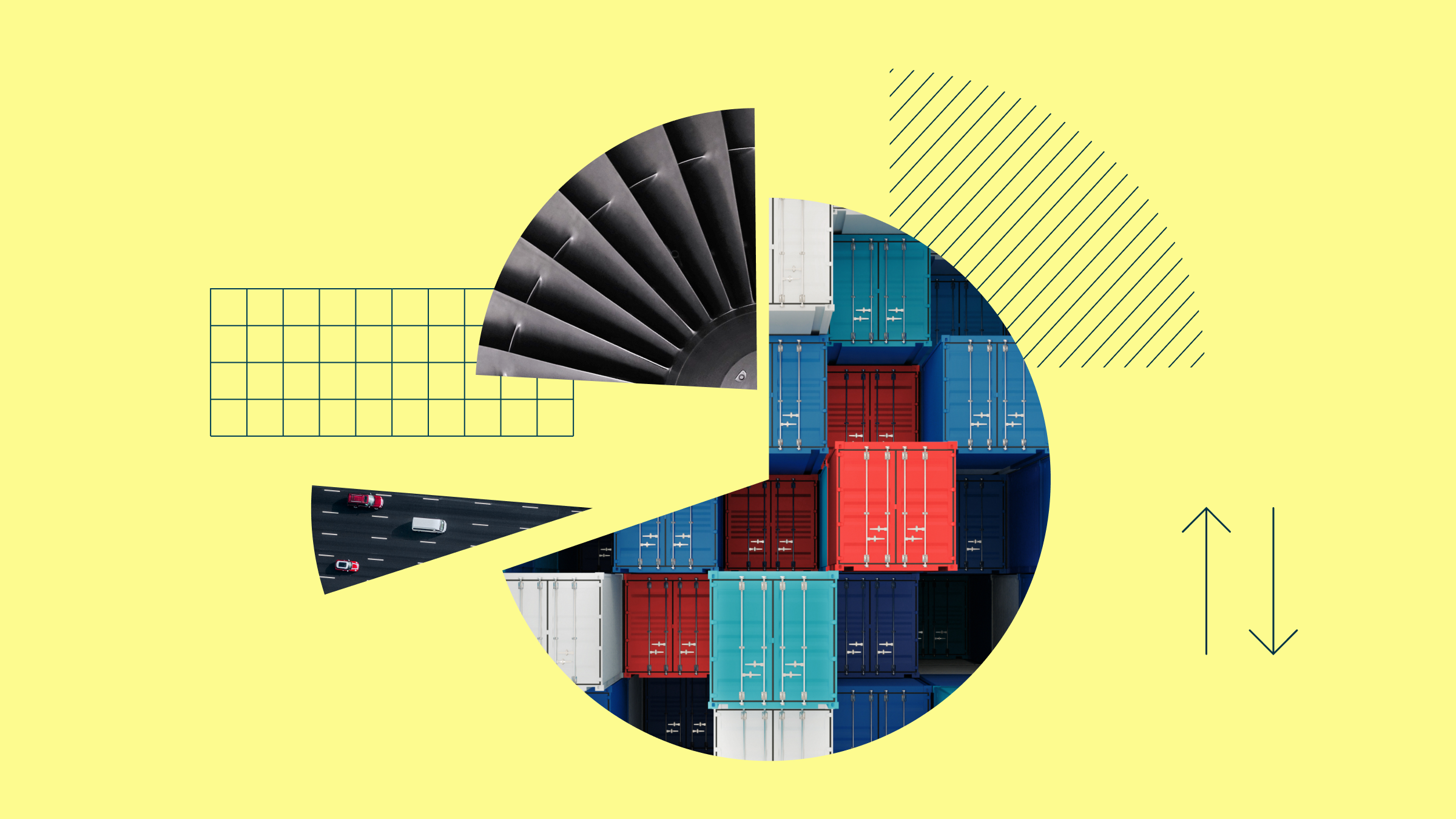Martin Ferguson, director and portfolio manager at Mawer Investment Management Ltd., says many Canadian smaller-cap companies that are established in their market niche can still expand and prosper, despite the challenges to the overall economy.
Furthermore, he says, the current economic climate of slow growth, low interest rates and good access to finance by companies, is conducive to a high level of merger and acquisition activity. "Small caps are often the target of these acquisitions," says Ferguson, who is a specialist in this segment of the equity market.
Since the beginning of the year, five of the companies in Ferguson's small cap portfolios have been acquired.
"Such merger and acquisition activity helps to garner attention for the small cap part of the market," says Ferguson. But, the overriding concerns among investors about both the health of the global economy and of the financial services sectors of key developed economies, have led to "a flight to quality with a preference for larger-cap, more liquid stocks."
The result, he says, is that the benchmark BMO Blended Weighted Small Cap Index produced a negative total return of 4.2% in the first six months of this year, while the S&P/TSX Composite Index was essentially flat.
This small cap index, notes Ferguson, has a heavy weighting in the materials sector, which declined sharply in the first half of the year and helped to drag the overall index down.
At Mawer, which has assets under management of $9.6 billion, Ferguson's mandates include Mawer New Canada  , which is closed to new investors, and BMO Guardian Enterprise
, which is closed to new investors, and BMO Guardian Enterprise  , which is managed along similar lines. In total, he is responsible for managing $1.3 billion in all-Canadian small cap mandates.
, which is managed along similar lines. In total, he is responsible for managing $1.3 billion in all-Canadian small cap mandates.
 |
|
 |
|
| Martin Ferguson | |
 |
|
 |
|
 |
Ferguson targets companies that have a market capitalization of $500 million or less, at the time of first purchase. His discipline is to "systematically create a broadly diversified portfolio of wealth-creating companies, bought at a discount to their intrinsic value, as calculated using discounted cash flow analysis."
At the end of June, BMO Guardian Enterprise, which has 56 names, had a 20.1% weight in financials, 19.8% in industrials and 18.9% in energy. Information technology, at 12.4%, represented a significant overweight position, while materials at 11.6% were a substantial underweight. The portfolio has no gold stocks, as "they don't possess the attributes we look for in our investment process," says Ferguson.
An information technology company that is "a strong cash flow generator and produces a high return on invested capital," says Ferguson, is Mosaid Technologies Inc. MSD.
This company acquires and develops patent licenses in key areas such as semiconductors and telecommunications. Mosaid's portfolio consists of 2,822 patents and applications.
To date, a significant slice of its revenue has stemmed from DRAM (Dynamic Random Access Memory) patents, says Ferguson. "But the company, under the strong leadership of CEO John Lindgren, is diversifying its offering," he says. "For example, it has a number of patents for wireless or Wi-Fi technologies." Ferguson points to the success of Nortel Networks Corp.'s recent patent sale as evidence of the value of a patent portfolio.
Mosaid, whose stock currently trades around $31, is debt free and has substantial cash on its balance sheet of $10 a share, says Ferguson. Consensus earnings per share estimates are $2.10 for the fiscal year to April 2012 and $3.07 for the fiscal year to April 2013. The stock has a dividend yield of 3.2%.
Mosaid's EPS will be lower in this current fiscal year versus the previous one, says Ferguson. "The company has initiated a number of lawsuits to protect its patents. I regard this as an investment in its future," he says.
In the materials sector, a leading player in its niche, says Ferguson, is Stella-Jones Inc. SJ. The company is a producer and marketer of industrial pressure-treated wood products. Its specialties include railway ties "where it is the number one producer in Canada and the number two producer in North America," says Ferguson. Another specialty is wooden poles for electrical utilities and telecommunications companies. Here it is the number one producer in both Canada and North America, he says.
Ferguson notes that some 90% of Stella-Jones' sales are for replacement purposes and some 80% of them are under contract, which helps with earnings predictability. Furthermore, he says, the company "has little capital expenditure and is a strong free cash flow generator."
CEO Brian McManus has used some of this cash flow to make acquisitions and thereby boost Stella-Jones' competitive position in the market, Ferguson says.
On its financials, Stella-Jones generates a return on equity of close to 20%, and the stock trades at 11 times consensus EPS estimates for 2011. The company recently announced an increase in its dividend. The dividend yield on the stock is 1.4%.
In energy, Ferguson highlights Canadian Energy Services & Technology Corp. CEU as a "leader and innovator in its field with a substantial presence in the Canadian oil patch." The stock is in the top 10 holdings of BMO Guardian Enterprise.
The company both designs and implements its drilling fluid systems for oil and natural gas producers, says Ferguson. "It has been steadily increasing its market share since it came public in the spring of 2006."
This company, says Ferguson, generates a return on equity of more than 20%. It is a strong free cash flow generator and it has "selectively made acquisitions in the U.S. market, where it is gaining traction." The stock has a dividend yield of 4.1%.
| Mosaid Technologies Inc. |
Stella-Jones Inc. | Canadian Energy Services & Technology Corp. |
||
 |
||||
 |
||||
| Aug.16 close | $47.54 | $38.83 | $11.12 | |
| 52-week high/low | $53.34-$38.99 | $47.27-$30.72 | $12.28-$6.96 | |
| Market cap | $38.0 billion | $61.1 billion | $4.1 billion | |
| Total % return 1Y* | 9.8 | 27.6 | 60.6 | |
| Total % return 3Y* | 2.0 | -12.2 | -6.5 | |
| Total % return 5Y* | 7.1 | -2.9 | 7.4 | |
 |
||||
| *As of Aug. 16,2011 Source: Morningstar |
||||
 |
||||
Also in the energy sector, Ferguson notes that his holding in ProspEx Resources Ltd. was taken out in the second quarter of this year when Paramount Resources Ltd. POU, which already owned 9% of ProspEx, successfully offered to buy the remainder of the company for $2.40 in cash per ProspEx share, or 0.07162 Class A Common Shares of Paramount. This offer, he says, represented a premium on the prior trading price of ProspEx's stock, and he opted to take Paramount shares in this bid rather than the cash.
Ferguson reports that he has sold the remainder of his holding in airline and tour company Transat A.T. Inc. TRZ.B."The competitive landscape for Transat was changing with the major scheduled airlines becoming more aggressive in Transat's business," he says. This, together with the company's high fixed costs associated with this business, was making for "considerable headwinds."















